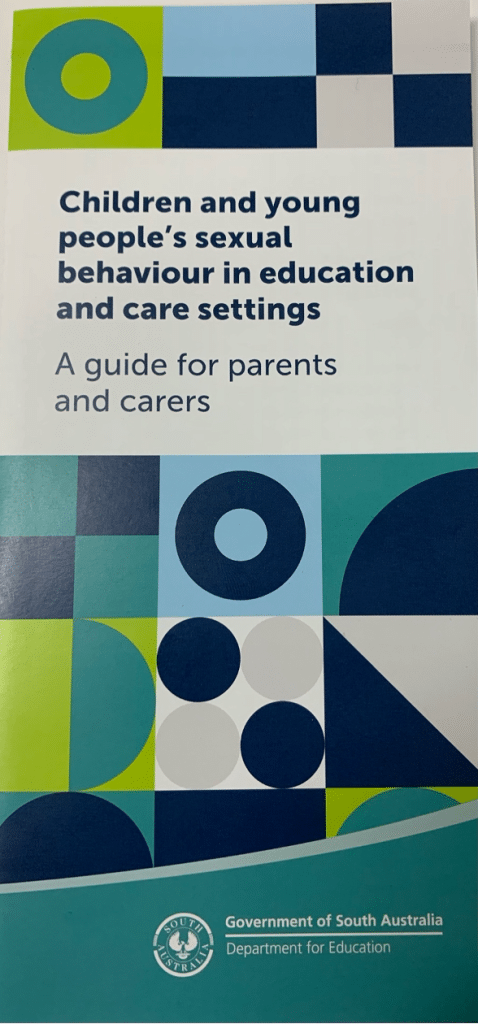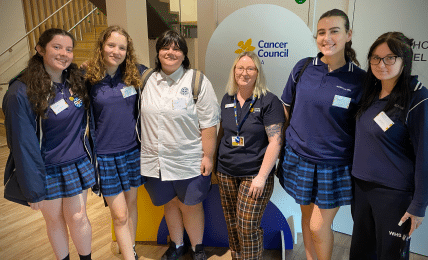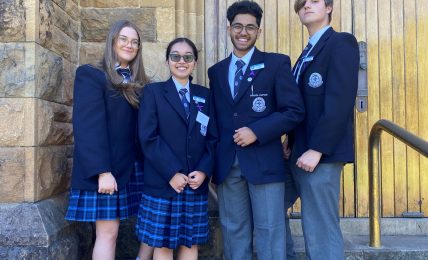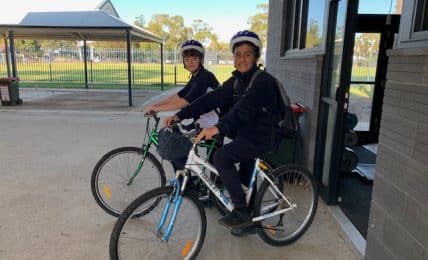

Children and young people’s sexual health behaviour
Children and young people are sexual beings from birth. They may show different sexual behaviour at different ages and stages of their development.
Developmentally appropriate sexual behaviour
Most children and young people show what is called ‘developmentally appropriate sexual behaviour’. This means behaviour that is typical for their age and stage. It happens between equals in age, size, and developmental ability. the behaviour is light-hearted, curious, mutual, and spontaneous. The behaviour is a natural part of child development. It’s about curiosity and understanding their own and other people’s bodies and relationships. The behaviour is balanced with other interests.
The developmental abilities of children and young people with disability and additional needs might be different from other children and young people the same age.
Concerning sexual behaviour
Some children and young people show what is called ‘concerning sexual behaviour’. This means behaviour or knowledge that is not typical for their age and stage. Often, there is inequality in age, size or power. It can be repeated often or intense, adults may be worried about a risk to health, development or safety of the child or young person, or others. Sometimes, adults may notice unusual changes in the child or young person’s behaviour.
Harmful sexual behaviour
A very small number of children and young people display what is called ‘harmful sexual behaviour’. This type of behaviour is not appropriate for a child’s age and stage. There may be a big difference in age, developmental ability, or power. Often, this behaviour is secretive or involves bribery or trickery. The behaviour can be forced on others, excessive, degrading, or aggressive.
Children’s safety and wellbeing in school, preschool and childcare
Educators and care workers keep children safe and support their healthy sexual, social and emotional development in many different ways.
They make sure learning and play spaces are safe, and they help children to develop skills for getting along with others. They involve parents and other professionals (including police and child protection staff when it’s necessary). This also means following the right legal procedures. They support children and young people through difficult times- considering what is best for everyone, not just a single child.
When sexual behaviour happens in schools, preschools, or childcare
All sexual behaviour needs a response
Children and young people need to learn that some behaviour is not okay at school, preschool, or childcare.
For example, it’s common for 4-year-olds to touch their genitals in public while they’re still learning about privacy, but this behaviour is not okay at preschool. It’s also commo n for teens to passionately kiss when they’re in relationship, but this behaviour is not for school.
Educators and care workers should not make children and young people feel bad for behaviour that is typical for their age and stage. They should respond by reminding children and young people about privacy and setting’s behaviour expectations. A teacher might say ‘kissing is something that people do in private place and school is a public place’.
Sometimes developmentally appropriate sexual behaviours might take place at the wrong time in the wrong place. Reminders about their behaviour expectations help most children and young people learn what is okay and not okay. Your child’s school, preschool or childcare will talk to you if they are worried about your child’s sexual behaviour.
Concerning or harmful sexual behaviour needs a different response
This type of sexual behaviour might be against the law or classed as sexual abuse. Schools or other settings might be worried about keeping everyone safe. Educators and care worker need to make sure that children and young people understand behaviour expectations and develop the right skills for respectful relationships.
Behaviour support plan
If your child has shown concerning or harmful sexual behaviour, the school, preschool or childcare might suggest a behaviour support plan. The plan helps to make sure everyone is safe, and your child is supported to have their needs met.
Support and safety plan
If your child has been affected by concerning or harmful sexual behaviour of another child or young person, the school, preschool or childcare might suggest a support and safety plan. The plan helps to make sure the right supports are in place for your child to be and feel safe.
Child protection and police
Sometimes specialist services are told about children’s sexual behaviour so they can offer expert guidance.
Reporting to the Child Abuse Report Line
By law, schools, preschools, and childcare settings have to report to the Child Abuse Report Line (CARL) in some circumstances. This is when they suspect sexual abuse (even when it is by another child or young person), or if they believe a child or young people is at risk of harm.
The Department for Child Protection might contact you about concerns or involve another service that can help.
Reporting to police
Public schools must report the following to police:
- All alleged or suspected rape, regardless of the age of the child or young person who has allegedly raped another child or young person.
- All other alleged or suspected sexual offences where the child or young person alleged to have committed the offence is 10 years of age or older.
When parents and carers are told about sexual behaviours
If your child was directly involved in, or saw concerning or harmful sexual behaviour, you will be told a soon as possible by the school, preschool or care setting.
You may not be told straight away if specialist services believe it may interfere with the child protection or police response. Sometimes you could find out from a social worker or the police about sexual behaviour that happened at school, preschool, or childcare. You might feel angry or upset about this, but please understand that staff were following instructions from the Department for Child Protections and/or police.
If your child was not directly involved in or saw concerning or harmful sexual behaviour, you will usually not be told about it. sometimes, there are good reasons for all parents, or groups of parents, to be told. This will usually be by letter, and you will be invited to contact a staff member if you have concerns for your child.
Privacy and confidentiality
You have the right to know what the school, preschool, or care setting is doing to support your child and keep them safe. You do not have the right to any information about other children and young people.
Suspension and exclusion
Sometimes schools might suspend or exclude a child or young person – this is not a punishment. It gives the school time to put plans in place to keep everyone safe.
When police are investigating a potential criminal offence, sometimes a school cannot suspend or exclude the young person who has allegedly committed the offence. This is because they have the right to know why they were being suspended or excluded and respond, which would interfere with the police investigation.
If you’re worried for your child’s safety, talk to the school about your concerns.
Helping your child
If your child has shown concerning or harmful sexual behaviour, it might be upsetting to hear about what your child has done; you might feel angry, or you might not believe it. You might be worried about where they learned the behaviour.
If your child has been upset or hurt by another child’s concerning or harmful sexual behaviour, you might feel angry and be concerned for their safety.
Any of these situations can be very difficult for all children and their families involved.
The best way to help your child is to stay calm, and talk with staff at the school, preschool or care setting. Think about what services and supports could be helpful and be willing to work with others to make plans for everyone to be safe.
Further information
There is information about how schools, preschools and care settings prevent harm and respond to children and young people’s sexual behaviour at www.education.sa.gov.au
© 2022 Government of South Australia, Department for Education



